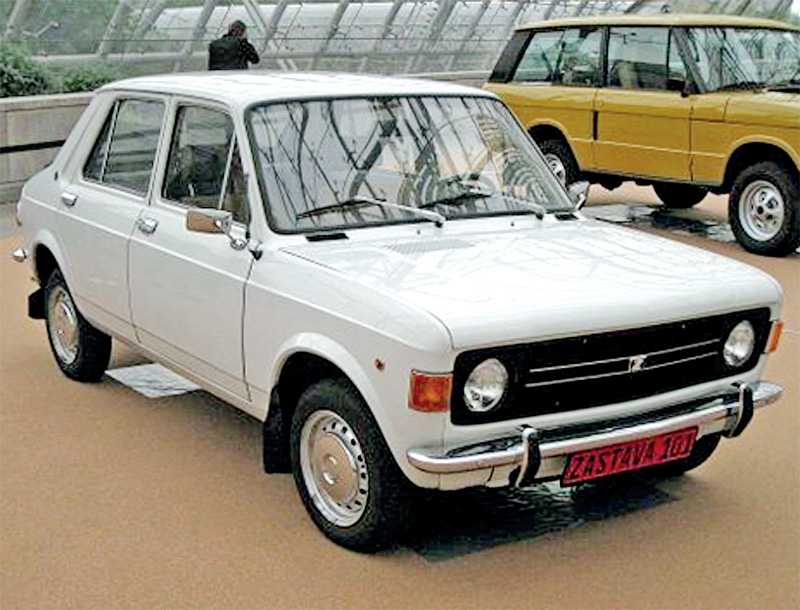Friday Feb 27, 2026
Friday Feb 27, 2026
Tuesday, 23 March 2021 00:00 - - {{hitsCtrl.values.hits}}

The popular Upali Fiat in the 1970s
The Vehicle Importers’ Association of Sri Lanka is shouting that the import ban is doing more harm than good for the Government in terms of revenue. This is somewhat true.
The Government decision to ban imports of what it termed “non-essential” items was taken to limit the foreign exchange outflow in order to meet our debt obligations and keep the currency stable.
The reality is the country is struggling to maintain their foreign exchange reserves to meet the country’s debt obligations. Nearly $ 4 billion has to be paid to creditors during the year.
If we allow the importation of vehicles the USD reserves will get depleted in no time and put further pressure on exchange, making imports even more expensive.
The vehicle importers unfortunately don’t bring in any USD into the country other than using it to make their millions from car imports. They happily make use of the remittances of our Middle East workers to import and drive around in their super luxury cars. Most people who buy them also don’t understand the economics of their imported vehicle.
The general view is that Sri Lanka has car stocks for another six months. Whilst the super rich may be craving the latest new models, they can surely wait till the pandemic is over. Because every citizen pays for the depreciation in the rupee by way of higher prices, because we are an import dependent nation.
One option for the Government is to look at the possibility where a bank can issue a Letter of Credit (LC) but only honour the LC in a period of six months or one year. Then, the vehicles are imported and the duty is levied, meaning the Government will earn revenue immediately while the foreign exchange outflow for that vehicle would only occur six to 12 months later.
However the consumer would have to pay for the depreciation of the currency by way of higher prices. Or those who earn foreign exchange can be given permits to import like in the past. There is also the option of allowing direct imports for agents, where the payment to the principle could be made after six months. These are however all short-term solutions. Sri Lanka going forward however needs to look at developing some kind of vehicle assembly industry in Sri Lanka.
We cannot go on importing cars using our Middle East remittances. We need to develop the manufacturing of spare parts. We should therefore study the automotive industry in India, which is now the fourth largest in the world, even ahead of Germany and India will also be the world's third-largest passenger vehicle market by 2021.
We need to put in place a strategy to make vehicle assembly a viable industry. Sri Lanka has a decent experience in vehicle assembly in the 1970s by Upali Motor Company. The company under license assembled Fiats and Mazdas in Homagama. They were a hit in the ’70s and ’80s. Unfortunately that industry was ruined in the late ’80s.
Continuing the import restrictions for non-essential imports is very critical given the current economic conditions and debt overhang the country is facing. The Government should not cave into any pressure until the pandemic is over.
– Adolf